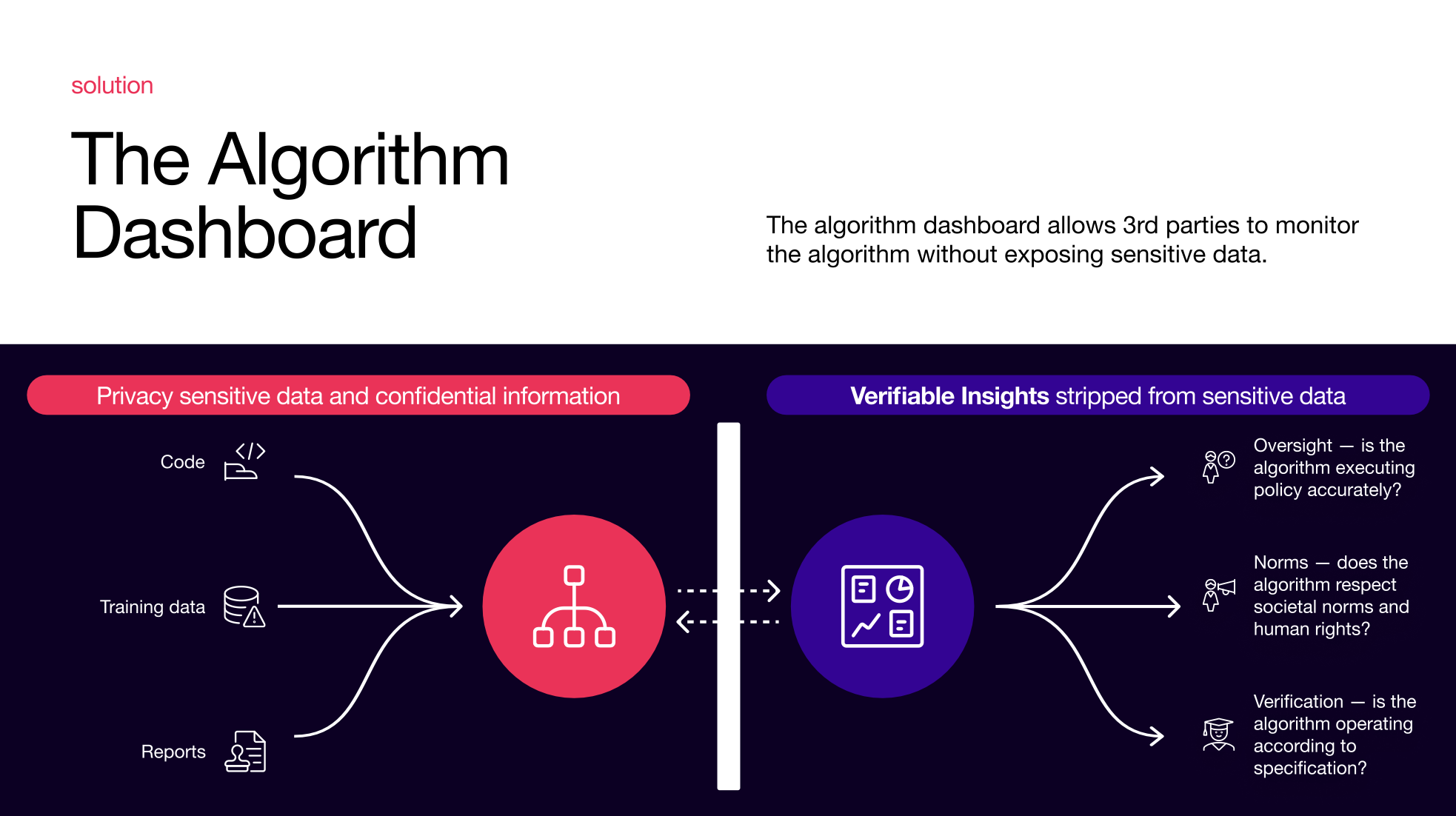Projects

Smart sensors to understand construction noise
How to better identify sources and reduce sound pollution in urban areas? This pilot uses smart sensors to monitor construction noise in Amsterdam.
Read more
Tuned Out
More and more people are wearing noise-cancelling headphones or earbuds in everyday life. Yet this shift raises questions: Are we losing something vital in the process? What does it mean for public life, where we no longer make eye contact, smile, or strike up a conversation with strangers?
Read more
Consortium Smart Doorbells
The Smart Doorbell Consortium is committed to the responsible use of smart doorbells. It explores the needs and concerns of citizens and investigates both regulatory and design-based solutions to address privacy and security risks. The initiative also aims to establish an international consortium to create a comprehensive list of functional requirements for manufacturers to design safer products.
Read more
Responsible data use ‘Digitale Gracht’
'Responsible Data use 'Digitale Gracht' (i.e. Digital Canal') aims to restructure Amsterdam's waterways with a focus on responsibility, transparency, and public values.
Read more
Pilot City Soundscapes
The Responsible Sensing Lab's Listening to our Cities project investigates the effect of sound on the urban environment. The test setup at the Marineterrein helps to further refine the accuracy of the sensors.
Read more
Digital Detox: Disconnect to Reconnect
This project seeks to explore and implement creative strategies to help young people disconnect from their phones and reconnect with the world around them.
Read more
Beta procurement tool for cities to safeguard autonomy
Cities increasingly rely on technology provided by market parties, also when it comes to procurement decisions. We developed a prototype decision aid to help municipalities incorporate strategic autonomy into their procurement processes for digital services.
Read more
Shuttercam public research
At the entrance of the AMS Institute on the Marineterrein, the Responsible Sensing Lab is experimenting with the Shuttercam. This privacy-friendly camera is designed for crowd monitoring during events or at peak times, such as on very sunny days at the Marineterrein.
Read more
Pilots in Amsterdam: What does that sensor actually do?
In various locations across Amsterdam, we explored how to communicate effectively about the use of sensors in public spaces.
Read more
Listening to our Cities
Understanding how noise pollution is perceived with smart sensors and human feedback.
Read more
Re-imagining navigation software to support exploring
The rapid spread of GPS-enabled smartphones since the early 2000s has fundamentally changed navigation in the city. Interaction Designer Laura de Groot explored the potential downsides of mobile navigation software and re-imagined navigation software to support exploring.
Read more
Design sprint tools for third-party scrutiny
Cities increasingly use algorithms to govern daily life and support decision-making. At the same time, algorithmic decision-making can harm people’s fundamental human right to autonomy. Can we develop AI that is open and responsive to dispute? Our team designed a speculative dashboard for people to scrutinize a specific algorithmic system.
Read more